Literature Review: Psychosocial Effects of HIV Status Disclosure in UK
VerifiedAdded on 2023/05/29
|6
|1294
|487
Report
AI Summary
This report is a literature review that examines the psychosocial effects of HIV status disclosure to family members and partners. The assignment focuses on the impact of HIV/AIDS, a global pandemic, not only on physical health but also on mental and emotional well-being. The aim is to analyze the psychosocial impact on both the family and the partner upon disclosure, with objectives including analyzing the impact on each. The rationale highlights the gap in UK-specific research on this topic, emphasizing the need to develop strategies to support family members. The search strategy involved databases like CINAHL Plus, Sage Journal, and PubMed, using keywords such as "HIV/AIDS," "Psychological impact," and "family." Inclusion criteria included papers from 2013-2017 conducted in the UK, while exclusion criteria involved papers in other languages prior to 2013. The review synthesizes key messages, including the psychological turmoil among family members, the impact on partners, the importance of disclosure, and the economic and social concerns associated with the disease. Five chosen studies are listed, followed by a reference list of relevant sources. The review underscores the importance of understanding and addressing both the psychosocial and biomedical aspects of HIV testing and disclosure.
1 out of 6
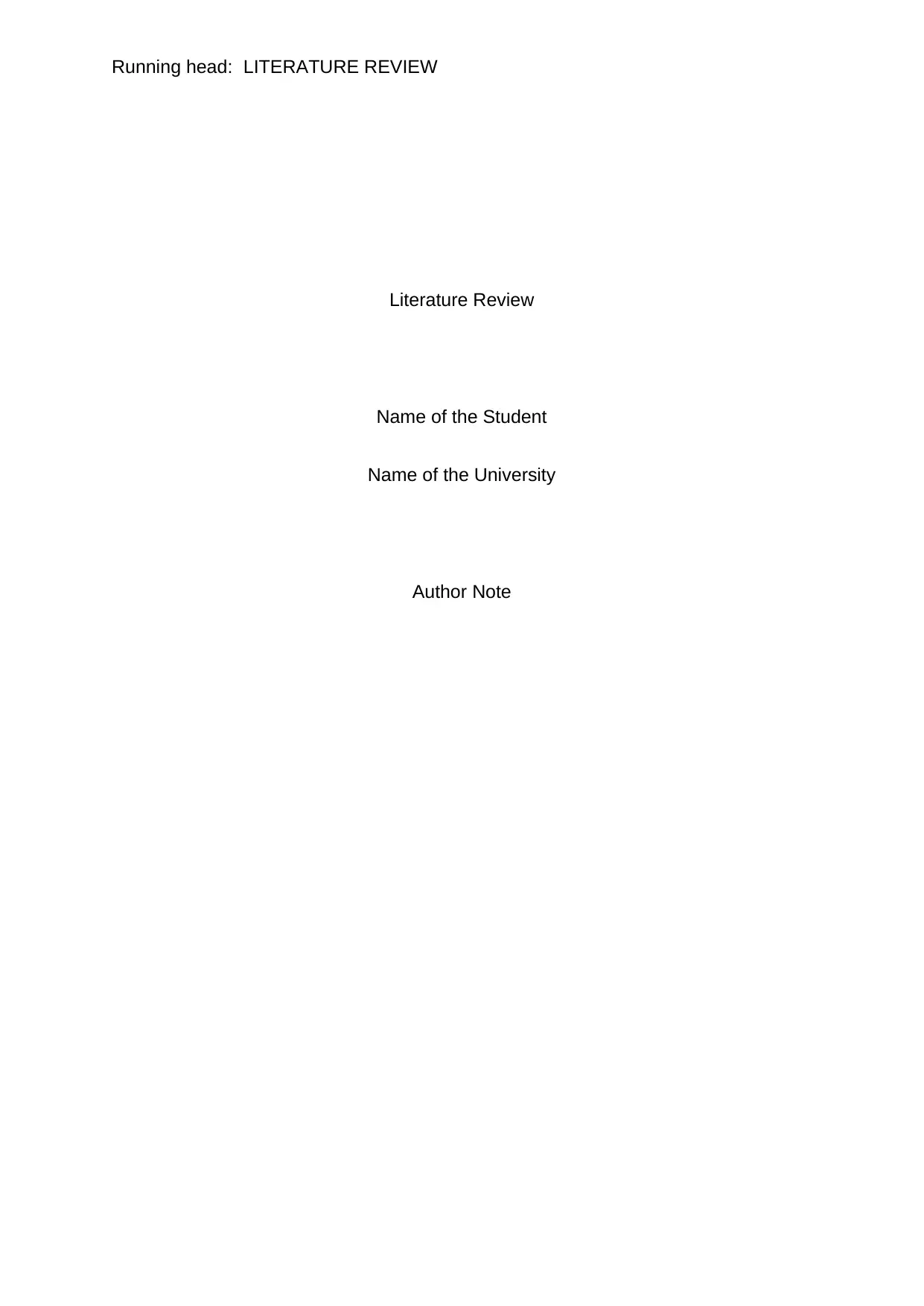
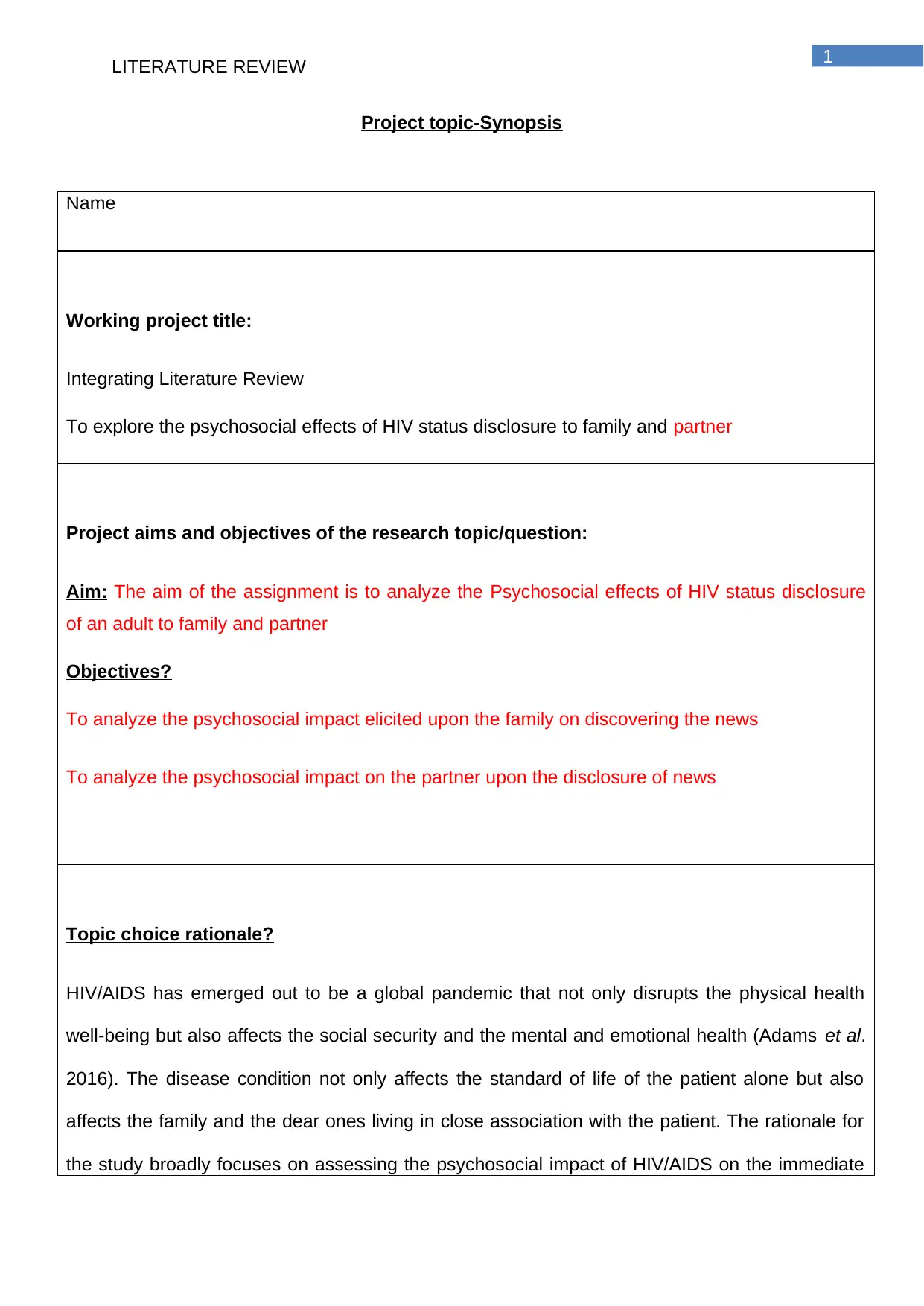
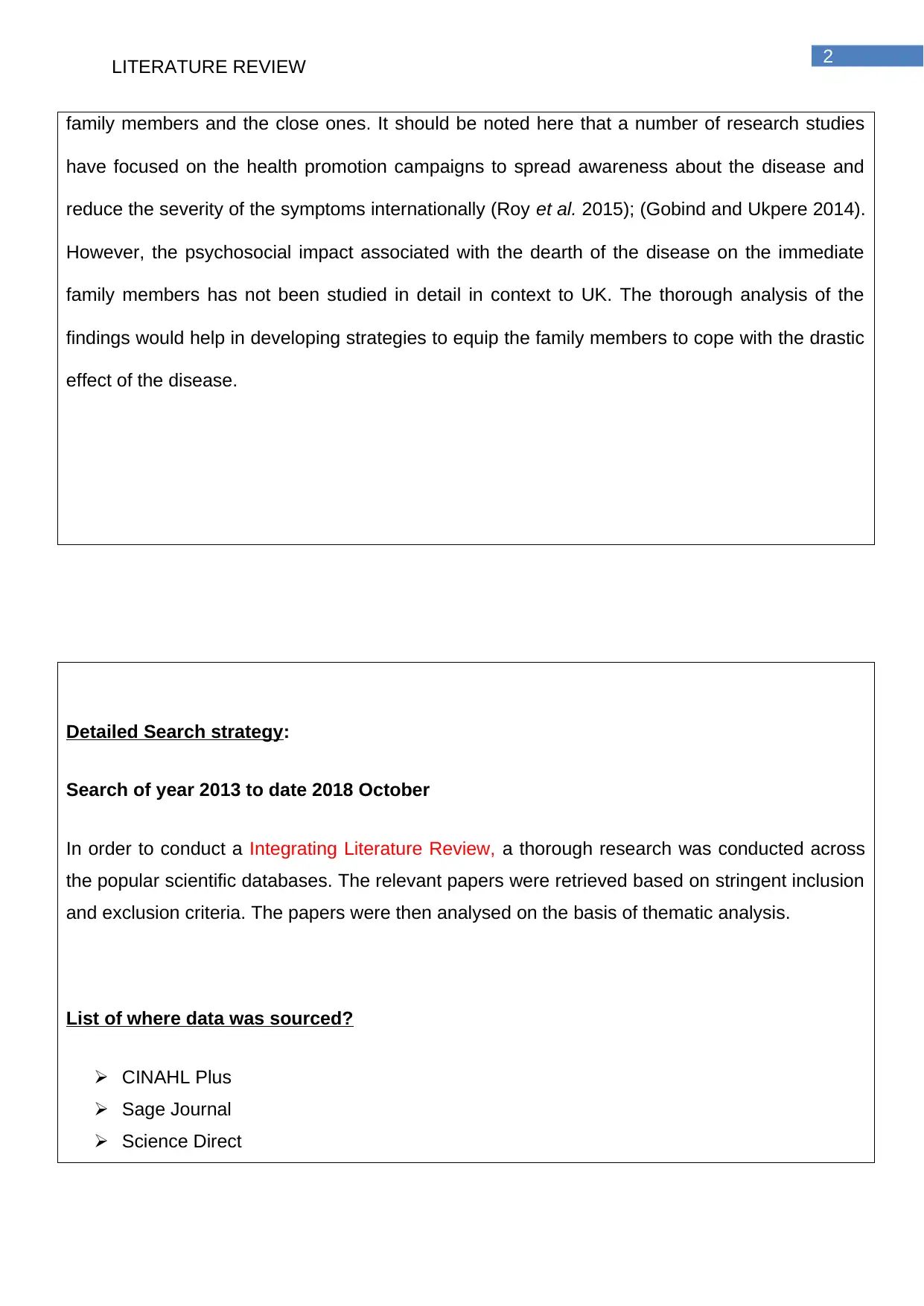

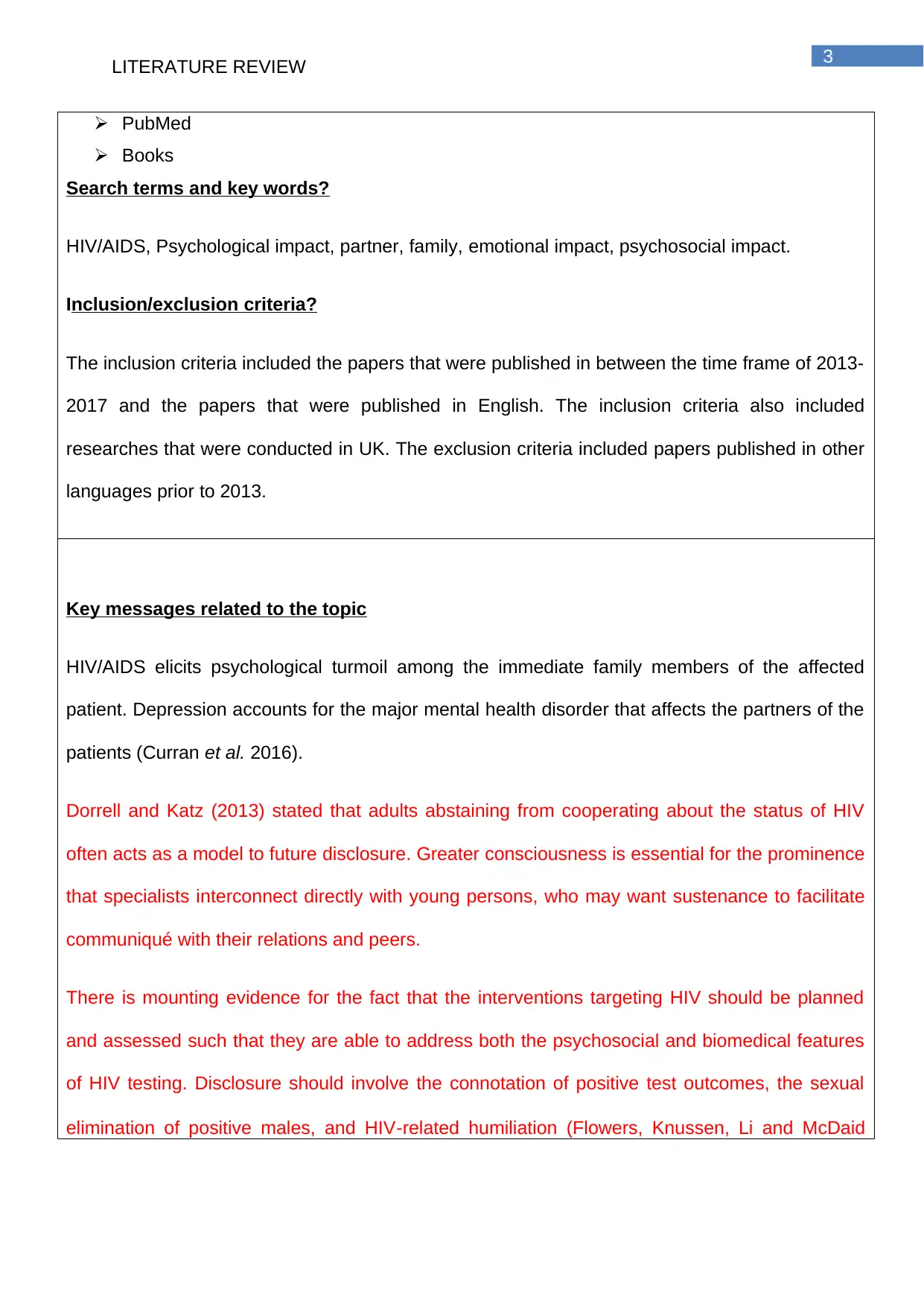
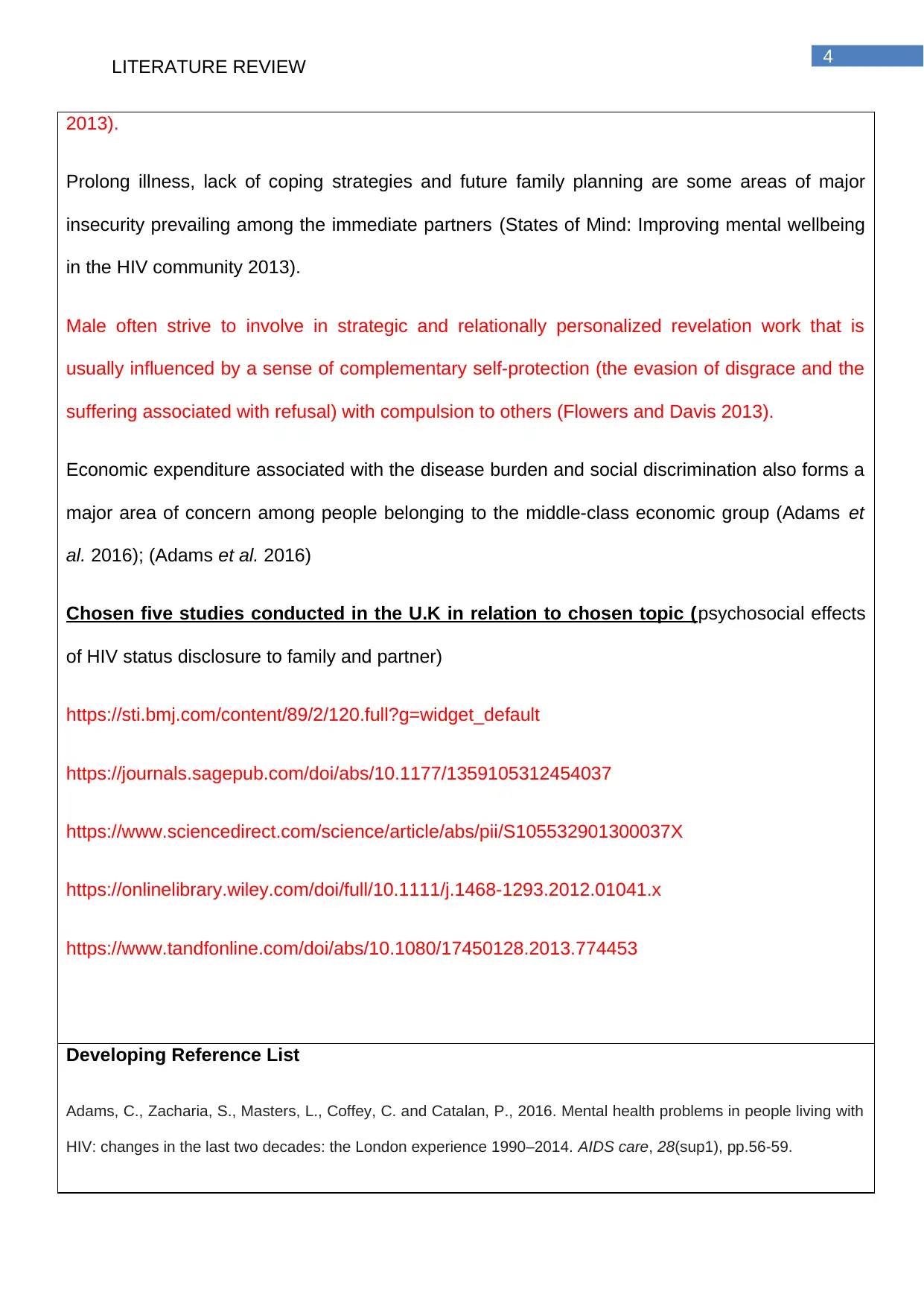
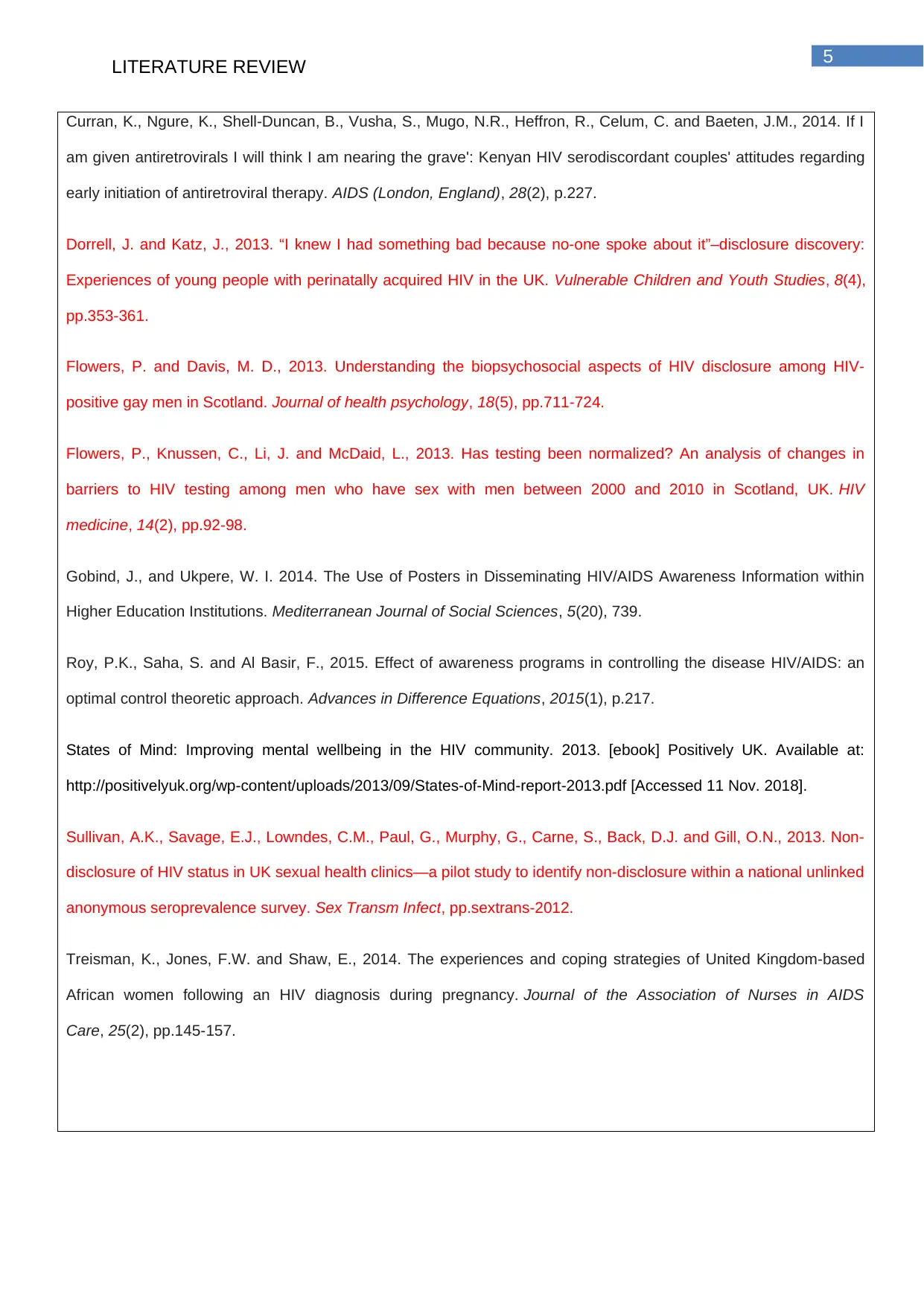






![[object Object]](/_next/static/media/star-bottom.7253800d.svg)